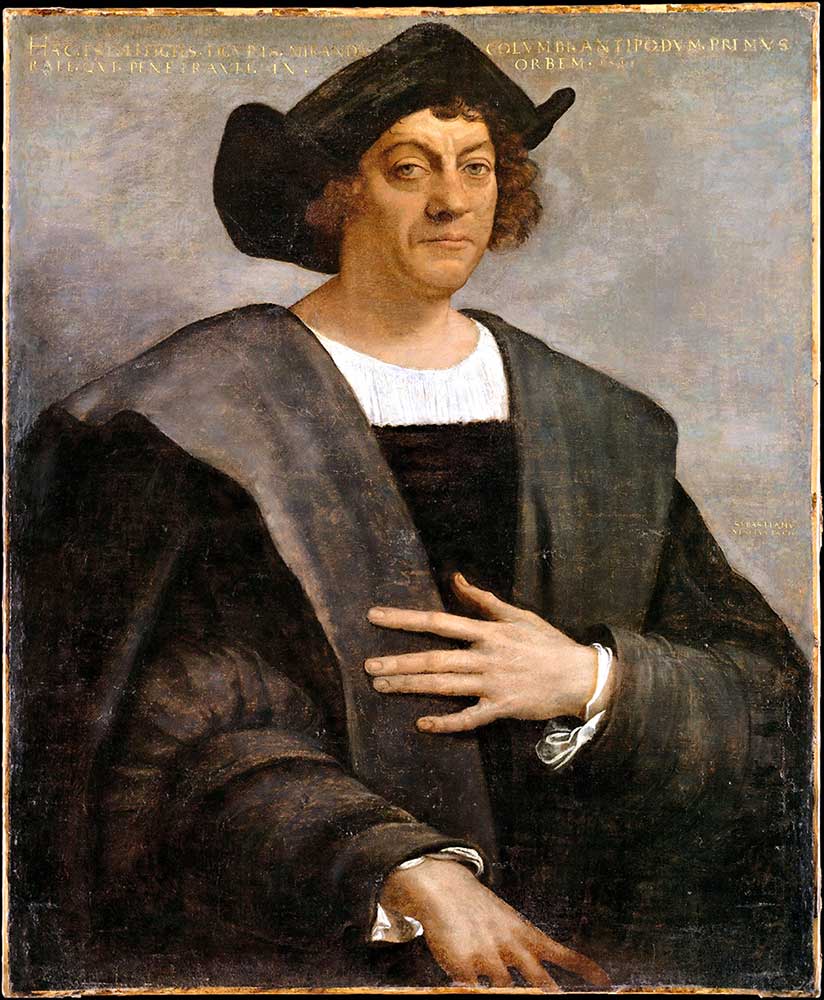
Columbus Day in the United States is a federal holiday which recognizes the landing of Christopher Columbus in the Americas on October 12, 1492. Even though Christopher Columbus landed on the Bahama island known as Guanahani on October 12, 1492, the second Monday in October is set aside by the United States federal government to allow workers an extended weekend. On June 28,1968, the United States Congress passed, and President Lyndon Johnson signed the official declaration to enact Columbus Day as a federal holiday. The first Columbus Day as a federal holiday was held in 1971.
Events That Led to Columbus Day Becoming a Federal Holiday

Several events occurred over the span of almost two hundred years before Columbus Day was declared an annual federal holiday in the United States. Celebrations were generally held by Italian-American communities, celebrated with parades and festivals (Christopher Columbus was born in the Republic of Genoa, now part of modern-day Italy). The first such celebration was held in 1792 in New York to celebrate the 300th anniversary of Columbus’ landing.
The Murder of David Hennessy

The first federally declared individual Columbus Day came through tragic circumstances. In New Orleans in 1891, police chief David Hennessy was murdered under suspicious circumstances. 11 Italian Americans were arrested in connection with his murder. Most were common citizens and workers, but rumors spread that they were connected to what became known as the Italian Mafia (the term mafia actually came into common usage through this incident). Most of the 11 were eventually acquitted of the murder, but had been released from jail due to some other matters. A lynch mob had then been incited by political leaders with anti-Italian sentiments, and the mob raided the jail and killed the 11 Italians in what was the largest mass lynching in American history.
President Benjamin Harrison Made Amends

Get the latest articles delivered to your inbox
Sign up to our Free Weekly NewsletterAfterward, anti-Italian sentiment increased to the level that Italy withdrew its chief diplomat to the United States and rumors of potential war between the U.S. and Italy circulated. President Benjamin Harrison, cognizant of the political ramifications both domestically and internationally, wanted to make some sort of amends. First, he provided reparations to the families of the men who were murdered.
Then, in 1892, he declared October 12 to be Columbus Day as a partial apology and to ease tensions between the United States and Italy and the Italian-American Community. The declaration successfully served its purpose, to the point that Italy gifted the U.S. with a statue of Christopher Columbus which was unveiled to massive celebration by Italian Americans. Other celebrations occurred through the years, mostly celebrated by Italian-Americans within their communities, particularly in New York City and San Francisco, California.
Columbus Day Became a Federal Holiday in 1971

In 1966, journalist and politician Mariano Lucca from Buffalo, New York began the National Columbus Day Committee and lobbied Congress to declare a federal holiday in honor of Christopher Columbus. Lucca was the son of a Sicilian immigrant and came from the large Italian-American community in New York. Through his efforts, Columbus Day was finally declared an annual federal holiday throughout the United States, beginning in 1971.
The Day Remains Controversial Today

Ever since, Columbus Day has not occurred without some level of controversy. Though many western countries view Columbus’s discovery as generally positive, Native Americans often have a different viewpoint, as Christopher Columbus was responsible for atrocities against native groups in the Americas, and he represents the many issues between Native Americans and the peoples from other lands.







